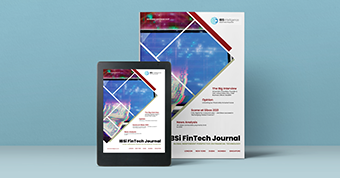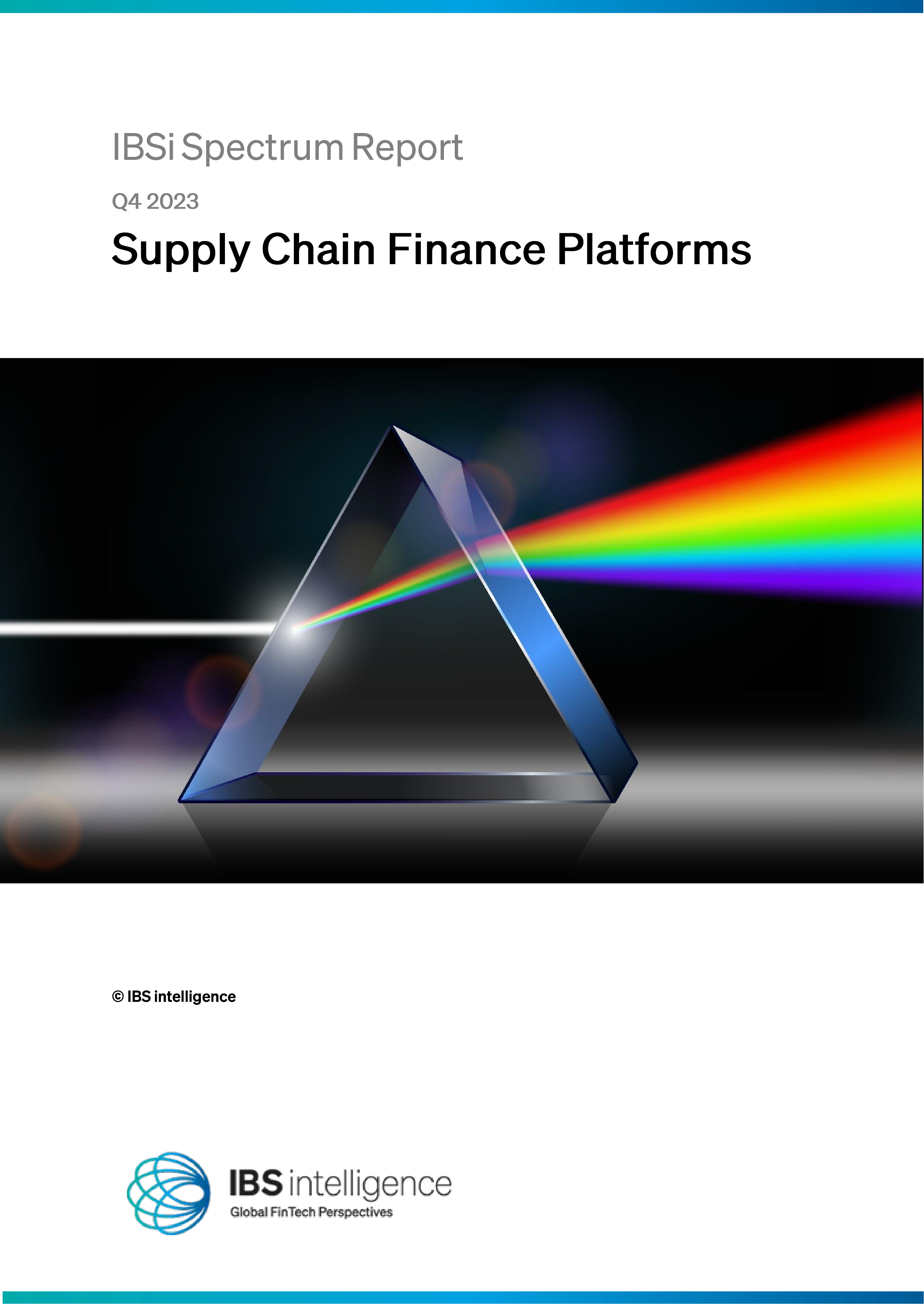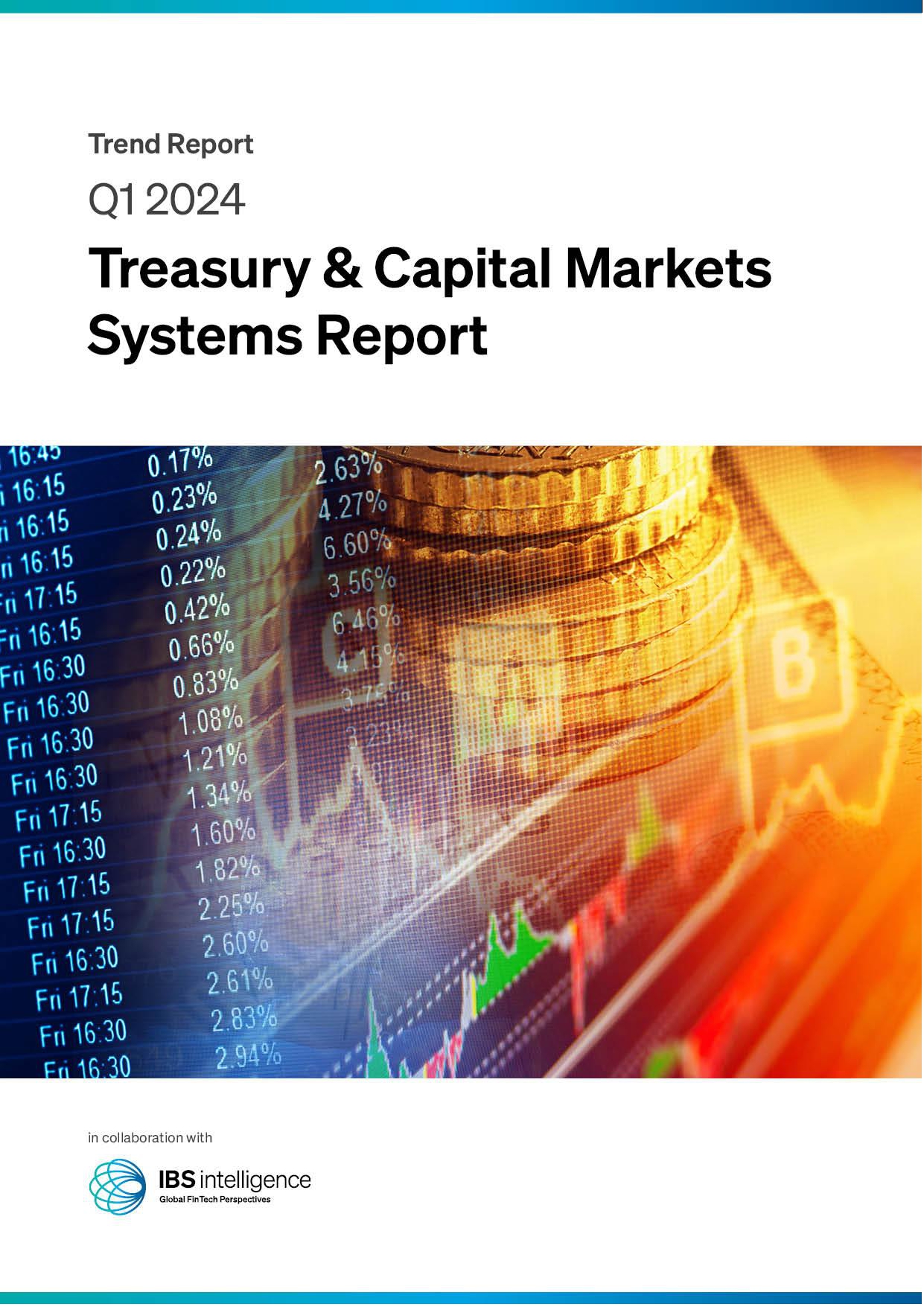 Back
Back
Easy Payments versus complex security needs – getting the balance right
When adopting new payment methodologies, banks must strike a challenging balance between ease of use and access and the need to put in place stringent levels of security. With technology evolving at ever-increasing rates, it’s increasingly difficult to keep on top of that challenge.
Banks first need to put in place an expert team with the time, resource and capability to stay ahead of the technological curve. This includes reviewing, and, where relevant, leveraging the security used on other systems and devices that support access into banking systems. Such a team will, for example, need to look at the latest apps and smartphone devices, where fingerprint authentication is now the norm and rapidly giving way to the latest facial recognition functionality.
Indeed, it is likely that future authentication techniques used on state-of-the-art mobile devices will drive ease-of-use further, again without compromising security, while individual apps are increasingly able to make seamless use of that main device functionality.
This opens up great potential for banks to start working closely with software companies to develop their own capabilities that leverage these types of security checks. If they focus on a partnership-driven approach, banks will be better able to make active use of biometric and multifactor authentication controls, effectively provided by the leading consumer technology companies that are investing billions in latest, greatest smartphones.
Opportunities for Corporate Cards
This struggle to find a balance between security and convenience is, however, not just about how the banks interact directly with their retail customers. We are witnessing it increasingly impacting the wider banking ecosystem, including across the commercial banking sector. The ability for business users to strike a better balance between convenience and security in the way they use bank-provided corporate cards is a case in point.
We have already seen that consumer payment methods using biometric authentication are becoming increasingly mainstream – and that provides an opportunity for banks. Extending this functionality into the corporate card arena has the potential to make the commercial payments process more seamless and secure. Mobile wallets, sometimes known as e-wallets, that defer to the individual’s personal attributes to make secure payments on these cards, whether authenticated by phone or by selfie, offer one route forward. There are still challenges ahead before the above becomes a commercial reality though.
First, these wallets currently relate largely to in-person, point of sale payments. For larger, corporate card use cases such as settling invoices in the thousands, the most common medium remains online or over the phone.
Second, there are issues around tethering the card both to the employee’s phone and the employee. The 2016 Gartner Personal Technologies Study, which polled 9,592 respondents in the U.S., the U.K. and Australia revealed that most smartphones used in the workplace were personally owned devices. Only 23 percent of employees surveyed were given corporate-issued smartphones.
Building bridges
Yet the benefits of e-wallet-based cards in terms of convenience and speed and ease of use, and the potential that they give the businesses offering them to establish competitive edge are such that they have great future potential.
One approach is to build a bridge to the fully e-wallet based card: a hybrid solution that serves to meet a current market need and effectively paves the way for these kinds of cards to become ubiquitous. There are grounds for optimism here with innovations continuing to emerge bringing us closer to the elusive convenience/security balance. MasterCard has been trialling a convenient yet secure alternative to the biometric phone option. From 2018, it expects to be able to issue standard-sized credit cards with the thumbprint scanner embedded in the card itself. The card, being thus separated from the user’s personal equipment, can remain in the business domain. There is also the opportunity to scan several fingerprints to the same card so businesses don’t need to issue multiple cards.
Of course, part of value of bringing cards into the wallet environment is ultimately the ability to replace plastic with virtual cards. The e-wallet is both a natural step away from physical plastic and another example of the delicate balancing act between consumerisation of technology and security impacting banking and the commercial payments sector today. There are clearly challenges ahead both for banks and their commercial customers in striking the right balance but with technology continuing to advance, e-wallets being a case in point, and the financial sector showing a growing focus on these areas, we are getting ever closer to equilibrium.
by Russell Bennett, chief technology officer, Fraedom
IBSi News
- Daily insightful Financial Technology news analysis
- Weekly snapshots of industry deals, events & insights
- Weekly global FinTech case study
- Chart of the Week curated by IBSi’s Research Team
- Monthly issues of the iconic IBSi FinTech Journal
- Exclusive invitation to a flagship IBSi on-ground event of your choice
IBSi FinTech Journal

- Most trusted FinTech journal since 1991
- Digital monthly issue
- 60+ pages of research, analysis, interviews, opinions, and rankings
- Global coverage
Other Related Blogs
Related Reports

Sales League Table Report 2023
Know More
Global Digital Banking Vendor & Landscape Report Q1 2024
Know More
Wealth Management & Private Banking Systems Report Q1 2024
Know More
IBSi Spectrum Report: Supply Chain Finance Platforms Q4 2023
Know More

